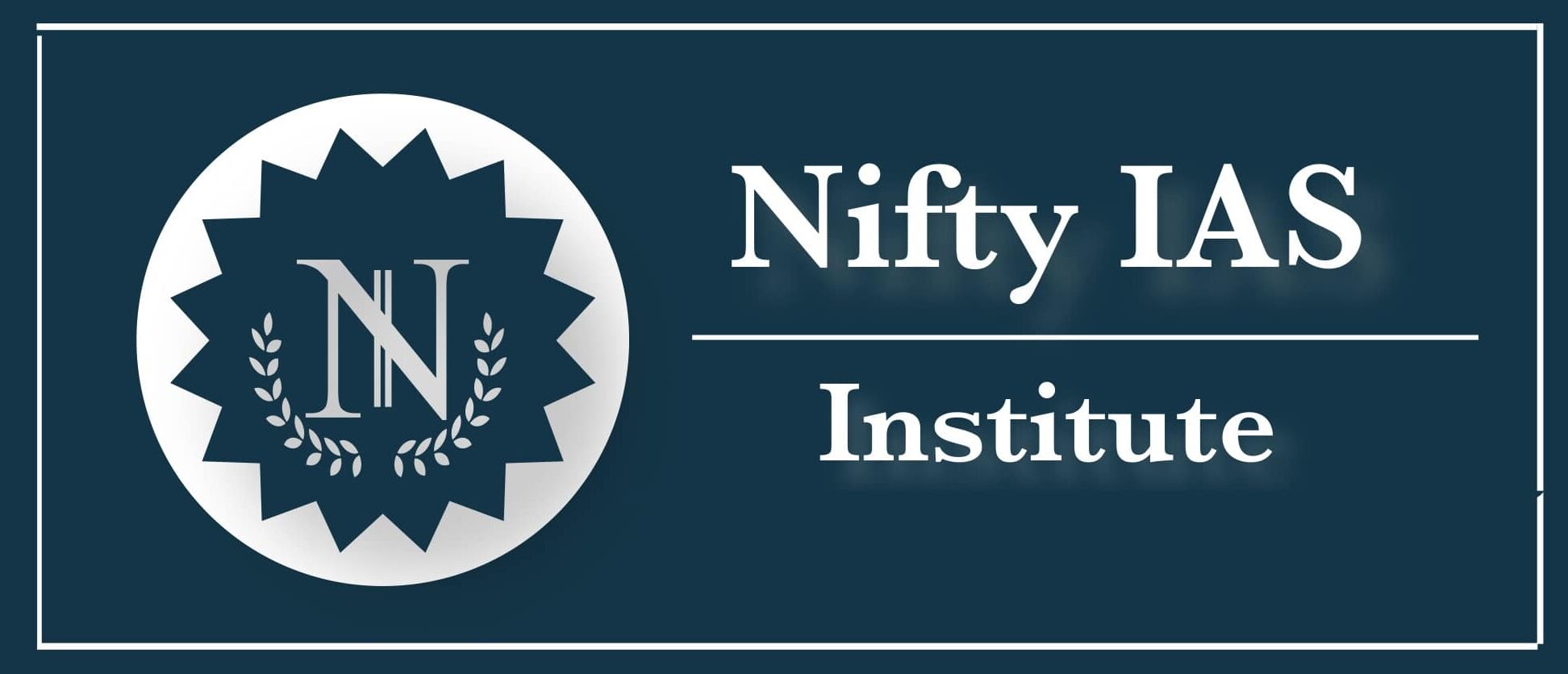Inflation occurs when there is a sustained increase in the general price level.
Traditionally high inflation rates are considered to be damaging to an economy. High inflation creates uncertainty and can wipe away the value of savings. However, most Central Banks target an inflation rate of 2%, suggesting that low inflation can have various advantages to the economy.
Some economists even argue we should target a higher inflation rate during periods of economic stagnation. In India, as suggested by Urjit Patel Committee, it should be 4% +/-2%.
Income/Wage rise
Moderate inflation enables adjustment of wages. It is argued a moderate rate of inflation makes it easier to adjust relative wages. For example, it may be difficult to cut nominal wages (workers resent and resist nominal wage cut). But, if average wages are rising due to moderate inflation, it is easier to increase the wages of productive workers wages.
Growth
Inflation can boost growth. At times of very low inflation the economy may be stuck in a recession. Arguably targeting a higher rate of inflation can enable a boost in economic growth. This view is controversial. Not all economists would support targeting a higher inflation rate. However, some would target higher inflation, if the economy was stuck in a prolonged recession.
Is inflation good or bad?
While slight amount of inflation is desirable and is good for the economy, high levels of inflation for a prolonged period have the potential to destabilise the economy.
